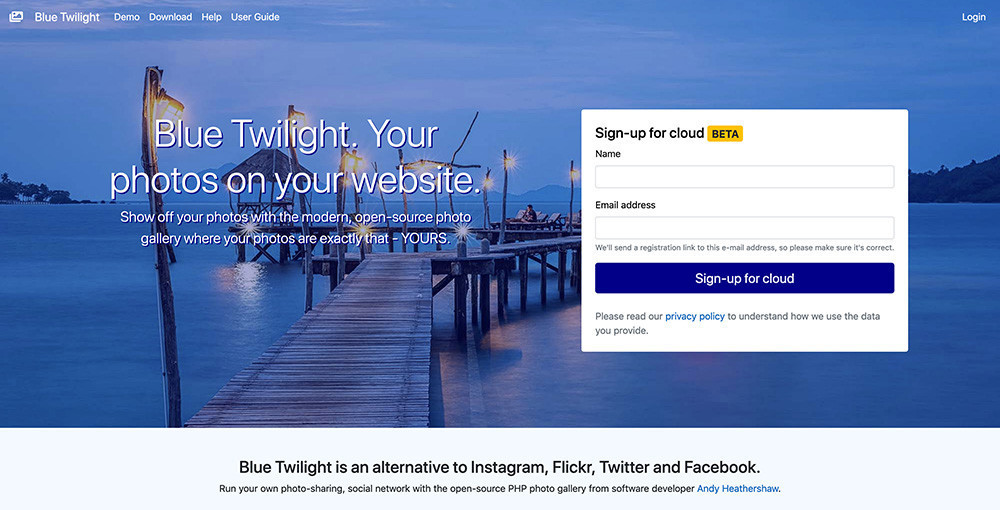Software Development
All articles categorised as Software Development.
All articles categorised as Software Development.
Over the past few weeks I’ve migrated my website to a new content management system – ExpressionEngine.
I took the opportunity to upgrade my website’s front-end technologies to their latest releases – Bootstrap 5 and VueJS 3, for example.
This post documents some of the changes I came across migrating Bootstrap 4 to 5.
Software Development Read more

Announced around a year ago, Microsoft today released their brand-new version of Edge – the default web browser since the Windows 10 release.
The new Edge browser is based on Google’s Chromium project. Chromium is the “base” software that Google builds the Chrome browser on.
Software Development Read more
It’s been over a year since the last update to Solid Tools for Developers – my suite of online tools for developers, system admins and network managers.
Yesterday I published my latest release to soliddevtools.com which gives the suite a fresh makeover and a few improvements to the tools.
DevOps , Software Development Read more

It’s 3 years to the day since I made the first commit to what would become Blue Twilight – my open-source PHP photo gallery.
Today I’m delighted to announce the availability of Blue Twilight Cloud.
Blue Twilight , Software Development Read more
Google is the registry behind the new .dev TLD – the ultimate vanity domain for developers.
The .dev extension has historically been used by developers fudging their host files to create realistic-looking development environments. Now, .dev is open in Early Access Preview to allow the world to register their .dev domains.
DevOps , Software Development Read more
My first post of 2019 is a tutorial that’s all about the cloud.
I’m going to show you how to deploy a PHP application with a MySQL database on a cloud server from UpCloud. I’ll be using the brilliant RunCloud control panel to deploy my PHP photo gallery – Blue Twilight – to an UpCloud server.
My friends over at UpCloud have provided an awesome promo-code for free credit to try out their service. Details at the end of the article.
DevOps , Software Development Read more
It’s almost two years since I published the post on the Visual Studio IDE information message: “delegate invocation can be simplified.”
While reviewing some error messages in a new MVC project, I recently learnt something equally as simple and eye-opening.
Software Development Read more
The new EU data protection legislation, GDPR, mandates that every reasonable effort and technology is used to protect personal data. It even goes as far as specifying encryption. The open-source database MariaDB (a drop-in, compatible replacement for MySQL) has supported “encryption at rest” since version 10.1. Use MariaDB encryption to satisify the GDPR recommendation of using encryption to protect your personal data.
Let’s have a look at what it can do and how you can set it up. You won’t have to make a single change to your website or application!
DevOps , Software Development Read more
Ubuntu Server is a Linux distribution that is ideally suited to server workloads. For example: hosting websites and web applications.
In this tutorial, I’m going to show you how to install a LAMP stack – that’s Apache, MariaDB (in place of MySQL) and PHP – on Ubuntu Server using the latest available releases, and how to keep it up-to-date.
DevOps , Software Development Read more
There are several scenarios in which you may want to redirect all your website visitors to a single, primary domain in Apache:
I have recently implemented the following on my own website, and I would like to share this Apache trick.